
The Main Cause of Blood Clots Discovered – 10 Times Worse Than Fat!
In the medical world, blood clots are often associated with a high-fat diet, sedentary lifestyles, and genetic predispositions. For decades, fat—particularly saturated and trans fats—has been blamed for cardiovascular diseases, strokes, and clot-related complications. However, recent scientific research has uncovered a shocking truth: the leading cause of blood clots is not fat, but chronic inflammation, often triggered by processed sugar and refined carbohydrates. In fact, these inflammatory agents are up to ten times more dangerous than fat when it comes to clot formation.
Blood clots, or thrombosis, occur when blood thickens and forms semi-solid masses. While clotting is a natural and life-saving process when healing wounds, abnormal clots inside blood vessels can be deadly. They can travel to the heart, lungs, or brain, causing heart attacks, pulmonary embolism, or strokes. Traditionally, a high-fat diet was believed to raise cholesterol levels and increase clotting risk. But recent studies reveal that sugar is a far more insidious enemy.
The excessive intake of added sugars, especially in the form of sugary beverages, sweets, and ultra-processed foods, triggers systemic inflammation. This inflammation irritates blood vessel walls, making them sticky and more prone to attracting platelets—the cells responsible for clot formation. Over time, these inflamed blood vessels become the perfect environment for dangerous clots to form, even without the presence of high cholesterol or fat levels.
What makes this finding even more concerning is the sheer volume of hidden sugars in our daily diet. From salad dressings to "healthy" granola bars, sugar hides under many names like high-fructose corn syrup, dextrose, maltose, and more. Unlike fat, which is often visible (like butter or oil), sugar lurks in places we least expect. And while people have started to avoid fatty foods, they often unknowingly replace them with sugar-laden alternatives.
Inflammation doesn’t just lead to clotting. It is also a key player in insulin resistance, obesity, and autoimmune diseases. But when it comes to blood clots, inflammation causes the blood to become “stickier,” making it harder to circulate and easier to clot. Medical experts now warn that it is not fat alone, but a high-sugar, high-carb, low-fiber diet that poses the greatest threat to vascular health.
In fact, patients who follow low-fat but high-sugar diets have been found to have a significantly higher risk of clot-related complications than those who consume moderate amounts of healthy fats. Omega-3 fatty acids, found in fish and nuts, for instance, are known to reduce inflammation and lower clotting risk. This flips the conventional wisdom on its head: fat is not the villain we once believed—it is sugar and inflammation that are doing the damage.
The implications of this discovery are vast. Public health campaigns have long focused on reducing fat intake, but this new evidence calls for a change in strategy. Educating people about the dangers of added sugars and promoting anti-inflammatory diets rich in vegetables, whole grains, healthy fats, and lean proteins must become the new priority.
In conclusion, the main culprit behind blood clots has finally been revealed, and it's not what most people thought. Sugar, not fat, is the silent assassin in our diets—fueling inflammation and increasing the risk of deadly clots. As we move forward, it’s time to rethink our approach to nutrition and focus on what truly endangers our health. The truth is clear: when it comes to blood clots, sugar is ten times more dangerous than fat.
News in the same category

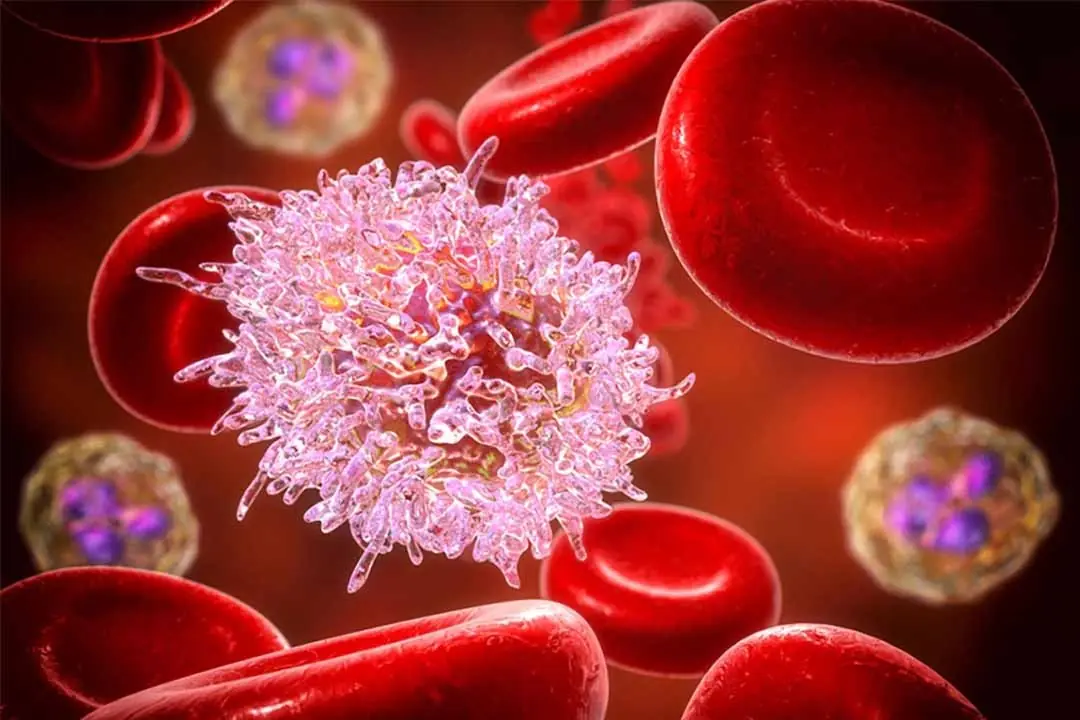
The Leading Cause of Liver Cancer Discovered – 10 Times Deadlier Than Alcohol and Tobacco: The Culprit is 'It

Unplug to Rewire: Just 72 Hours Without a Smartphone Can Change Your Brain

CRISPR Breakthrough: Scientists Successfully Remove Extra Chromosome in Down Syndrome Cells

Alzheimer's Breakthrough: Key Protein Found in High Levels in Newborns, Offering Hope for New Treatments

Trojan Horse Therapy: Scientists Engineer Virus to Make Tumors Self-Destruct

Walk Your Way to a Lower Cancer Risk: Just 7,000 Steps a Day Can Make a Difference

The Sunshine Vitamin's Secret Weapon: How Vitamin D Fights Colorectal Cancer

Woman, 29, Falls Into Coma After Tattoo During Bachelorette Trip To Spain
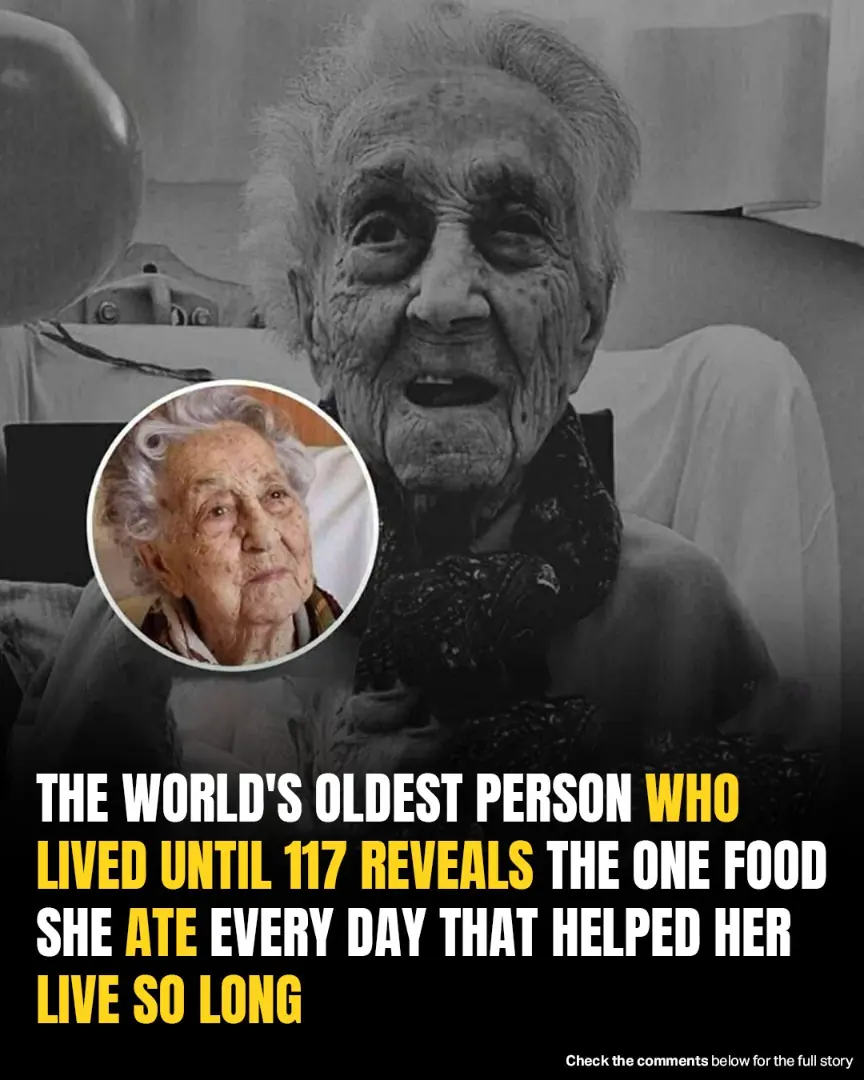
World’s Oldest Woman, 117, Reveals The One Food Behind Her Long Life
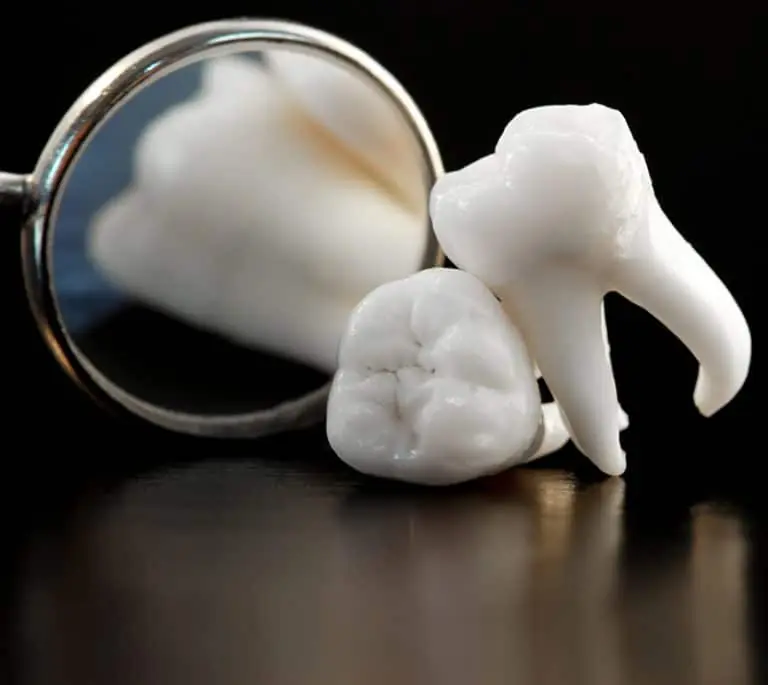
Medical Gold: Why Your Wisdom Teeth Might Hold the Key to Future Cures

Prostate Cancer: Warning Signs and Symptoms You Shouldn't Ignore

Ditch the Knife: Effective Non-Surgical Treatments for Bunion Pain Relief
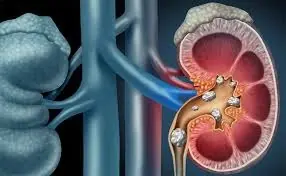
5 Drinks That Can Help Dissolve Kidney Stones and Aid Easy Elimination

People with Cancer Often Share 8 Morning Signs—Especially Clear After Age 40
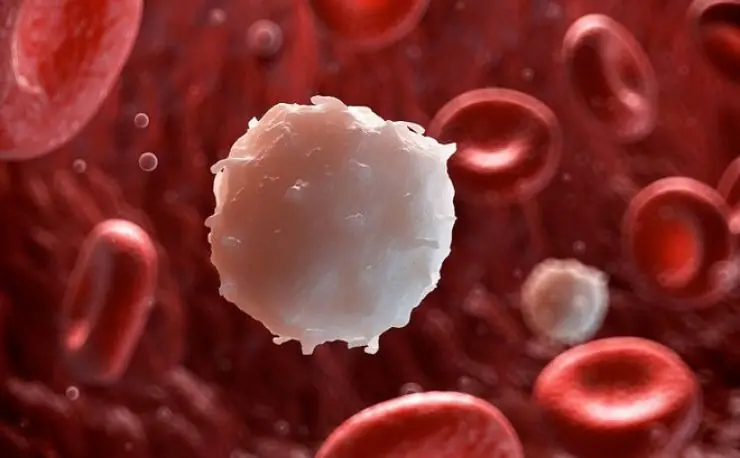
5 Foods That Tumors Hate: Eat These Often for Better Health

Scientists Warn of a Silent Epidemic: Men’s Testosterone Levels Are Plummeting — And Here’s Why
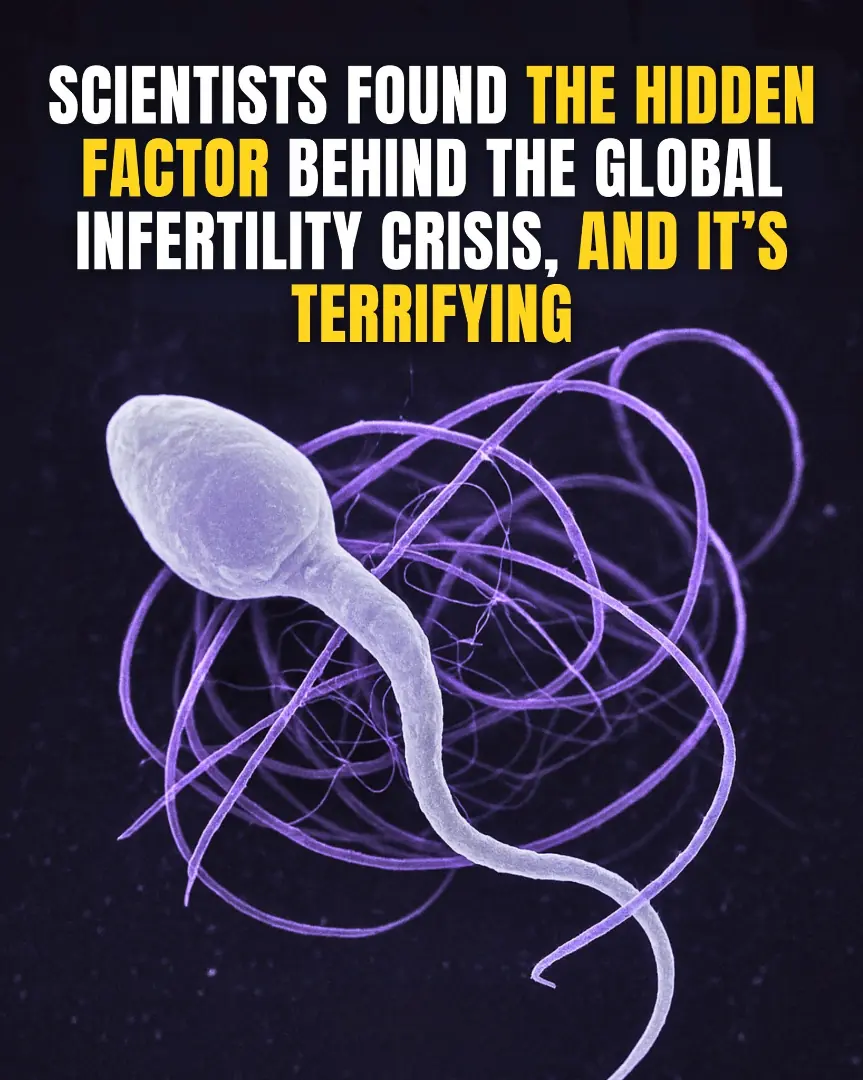
Scientists Found The Hidden Factor Behind the Global Infertility Crisis, And It’s Terrifying
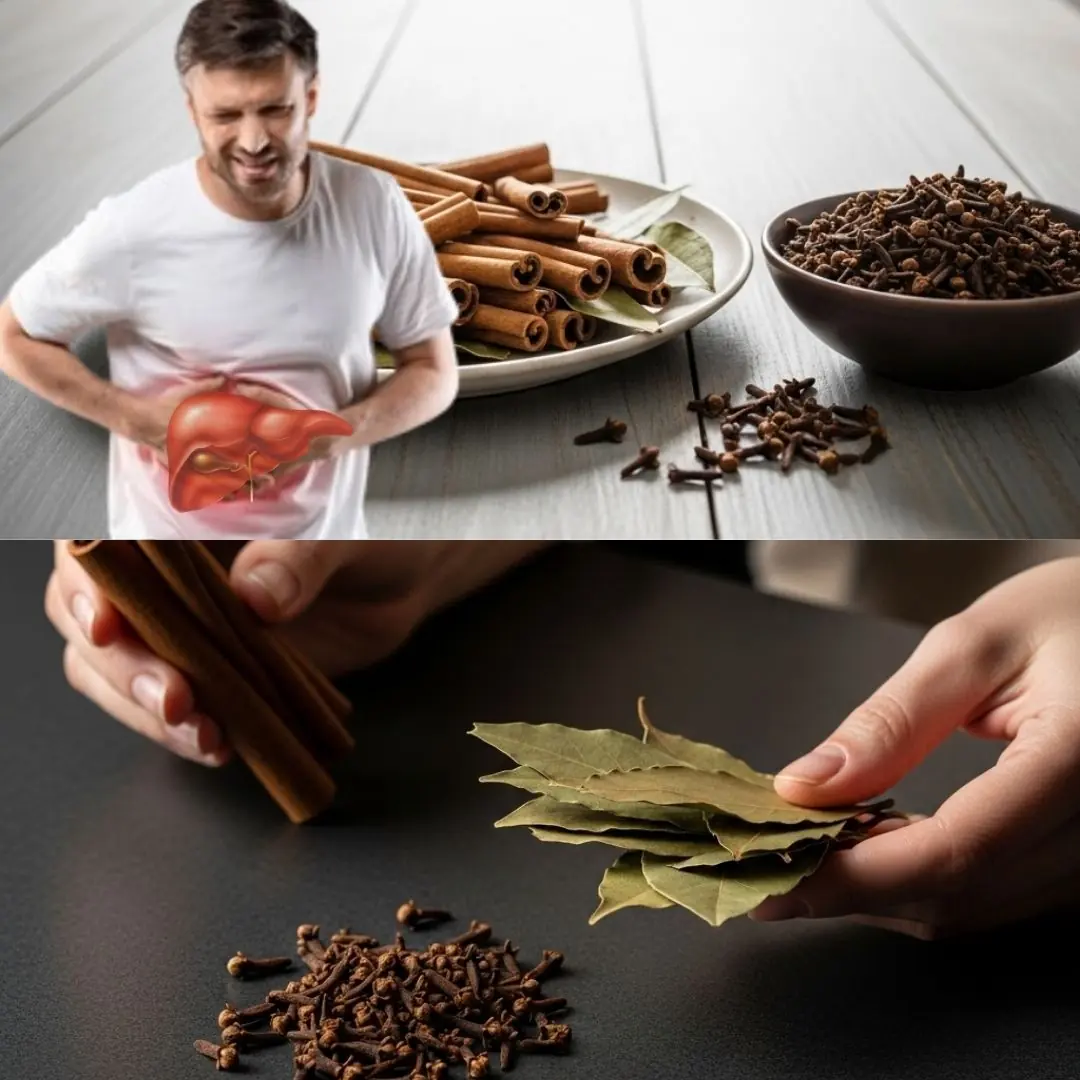
🍵 The Quiet Power of Cinnamon Tea: A Simple Sip for Natural Balance
News Post

Scientists Reveal Genetic, Brain And Trauma Link Behind Hoarding Disorder

Most People Have No Idea What The Lines On Bath Towels Actually Mean

Why Charging Your Phone To 100% Could Be Harming Its Battery Life

FBI Declassified 1,427 Secret Files On Einstein—Internet Reacts

The Volume Buttons On Your Iphone Has Many Hidden Functions

If Your Tongue Is Yellow, Be Cautious of These 5 Diseases

The Leading Cause of Liver Cancer Discovered – 10 Times Deadlier Than Alcohol and Tobacco: The Culprit is 'It

Here’s Why You Shouldn’t Sleep With A Fan At Night

If You See A Woman Wearing A Wedding Ring On Her Pinky Finger Here’s What It Means

What’s The Purpose Of The Fabric Strip Across Hotel Beds

Unplug to Rewire: Just 72 Hours Without a Smartphone Can Change Your Brain

CRISPR Breakthrough: Scientists Successfully Remove Extra Chromosome in Down Syndrome Cells

Alzheimer's Breakthrough: Key Protein Found in High Levels in Newborns, Offering Hope for New Treatments

Trojan Horse Therapy: Scientists Engineer Virus to Make Tumors Self-Destruct

Walk Your Way to a Lower Cancer Risk: Just 7,000 Steps a Day Can Make a Difference

The Sunshine Vitamin's Secret Weapon: How Vitamin D Fights Colorectal Cancer

Woman, 29, Falls Into Coma After Tattoo During Bachelorette Trip To Spain

Scientists Achieve First Dream-To-Dream Communication Using Brain Waves

How I Reclaimed My Life After My Husband’s Betrayal and Their Inevitable Divorce
After 14 years of marriage shattered by infidelity, I found strength to rebuild a new life for my children and myself. This is the story of betrayal, resilience, and how my ex-husband’s affair led to a painful but necessary divorce.